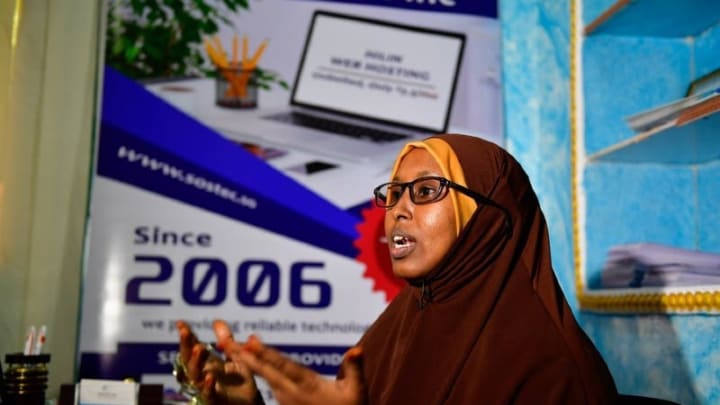- Expertise
- About us
-
Our Purpose
Find out more about CTG’s origins and vision
-
Our Leadership & Management
Meet the team driving CTG’s vision around the globe in conflict settings
-
Our Policies
We adhere to the highest levels of ethical management and corporate governance
-
Contact CTG
Get in touch to find out more about our services
-
CTG’s Culture
At CTG we hire EPIC people
-
- Impact
-
Awards & Associations
Global recognition for our social good efforts
-
Sustainable Development Goals
Our commitment to advancing the SDGs
-
Shared Value
Solving social challenges with business solutions
-
Female First
Increasing female representation in humanitarian jobs
-
Putting People First
Leaving a lasting impact on the communities where we work
-
Committed To Good Summit
Accelerating development progress through localised collaboration
-
- Engage
- Work with us
-
Jobs
Find your next post with CTG and sign up to our jobs portal
-
Tayo
CTG’s remote workforce management software
-
Duty Of Care
Protecting our staff and minimising risk in conflict-affected areas
-
Internships
CTG’s Women in Aid: Internship & Mentorship Programme
-
Staff Support
CTG Wellbeing, CTG Learning & CTG Helpdesk
-

Zahra Ibrahim, founder and CEO of SOSTEC, a software solutions provider. Photo by: Goobjoog Business via Twitter
*This article was first printed on Devex
When Zahra Ibrahim began studying at a university in Mogadishu, Somalia, she was told that computer science wasn’t for women. Her parents and teachers wanted her to study medicine; being a doctor was much more acceptable for Somali girls. But she remained undeterred and is now the first female computer science lecturer at Somalia’s top university as well as the founder and CEO of SOSTEC, a software solutions provider. She is determined to empower women and close the gender gap in technology by hiring female engineers and offering courses to women on coding and design.
In the second episode of DevProWomen2030, a six-part audio series, Devex talks to Nasra Ismail, deputy director of the Somalia NGO Consortium, about the skills the next generation of women will need to reach executive-level positions in development.
Ibrahim is one of the many women paving the way for Somali women and girls. The country has made remarkable strides toward gender equality in recent years, considering the challenges, threats, and conflict it faces daily. At the political level, a landmark women’s charter was signed in March 2019, calling for a 50% quota across all three levels of government, for zero tolerance of gender-based violence, and for women’s rights to be enshrined in the revised constitution and the finalized electoral, security, and political laws. In 2020 and 2021, citizens will participate in the country’s first one-person-one-vote elections in decades.
We must not take this progress for granted. It has been hard won and will have a major impact on the future of the country. But more needs to be done to level the playing field and give women equal access. More focus should be given to increasing the number of women working in the formal economy. Only 19.9% of women ages 15 to 64 in Somalia are currently working. Somalia is not alone in its dismal employment statistics: Just 4 in 10 women living in fragile and conflict-affected countries have paid work, compared with 7 in 10 men.
Read the full article on Devex here.
